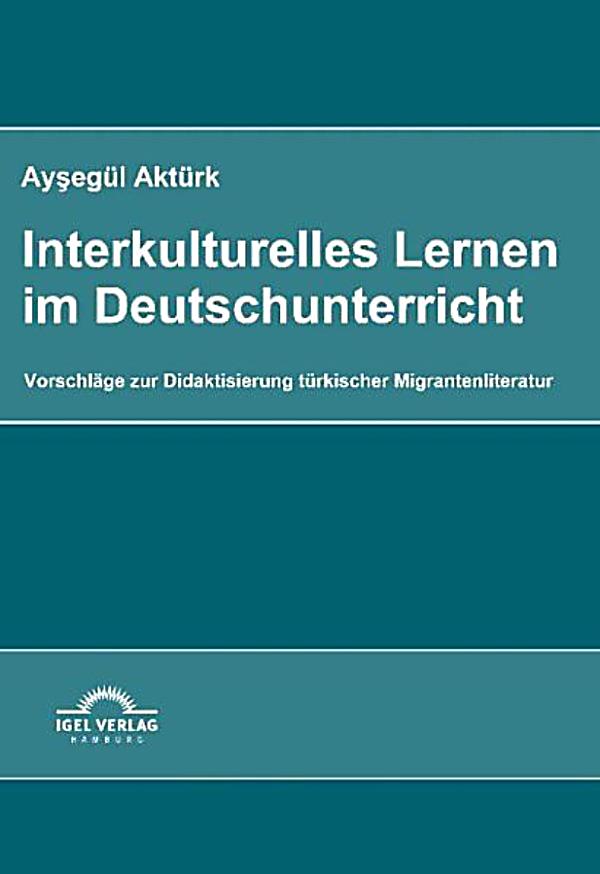Jewish Renaissance in the Russian Revolution
Contents:
Moss's highly original arg Jewish history in the 20th century is full of might-have-beens, most of them too sorrowful to bear thinking about.
- "Kenneth Moss, “Jewish Renaissance in the Russian Revolution”" by Marshall Poe and Kenneth Moss?
- Post navigation?
- JSTOR: Access Check.
- Kundrecensioner!
- Jewish Renaissance in the Russian Revolution.
- The Naqshbandiyya: Orthodoxy and Activism in a Worldwide Sufi Tradition (Routledge Sufi Series).
- .
The brief cultural moment that Kenneth B. Moss resurrects in Jewish Renaissance in the Russian Revolution is one of the least known and most fascinating of those aborted futures: Drawing on little-known sources in Russian, Hebrew, and Yiddish, Moss brilliantly anatomizes the institutions and ideas that flourished in that tumultuous time, before the window of history slammed shut and the European Jewish future took a much different turn In fact, what comes across most clearly in Jewish Renaissance in the Russian Revolution is the intellectual idealism of the "culturists.
Jewish Renaissance in the Russian Revolution
This makes the Hebraists and Yiddishists of to practically unique among nationalist intelligentsias, who have usually seen literature as a means of making the nation, rather than an art of individual expression. The culturists' most poignant paradox lay in their relationship to culture itself.
These people were, Moss shows, at once deeply politically engaged and passionately committed to the sovereign value of art.
- The Dunce Cap: Why America Deserves the Stool in the Corner.
- Additional Information.
- Newly Diagnosed Schizophrenia Patients Have Higher Inpatient Costs But Lower Drug Costs.
- Jewish Renaissance in the Russian Revolution.
- Wanderlust.
Nonetheless, the culturists were also nationalists. They were nationalists who believed that the Jewish nation could be re constructed only by autonomous, creative, self--realizing individuals committing to the project of their own free will.

Anna Shternshis; Kenneth B. Jewish Renaissance in the Russian Revolution.
But like the modern understanding of the word "nation," this idea of "culture" or "a culture" is not very old. Kenneth Moss offers the first comprehensive look at this fascinating moment in Jewish and Russian history. He shares with his protagonists an opposition to a reductionist understanding of culture. Therefore we would like to draw your attention to our House Rules. At the heart of their program lay a radically new vision of Jewish culture predicated not on religion but on art and secular individuality, national in scope yet cosmopolitan in content, framed by a fierce devotion to Hebrew or Yiddish yet obsessed with importing and participating in the shared culture of Europe and the world. And with an impressively nonpartisan detachment, he insists on the need to understand the tensions and contradictions inherent in this culture--building project--without willing them away for reasons ideological, political or philosophical.
Yet back in , the term provoked heated battles and political discussions among Russian intellectuals. The debates ranged from purely theoretical to purely practical, yet all parties involved seem to have believed that they finally had a chance to channel their energy into the realm of realpolitik as opposed to purely intellectual discussions.
Jewish Renaissance in the Russian Revolution
Most significantly, Jewish thinkers, philosophers, and poets were inspired by the spirit of the times, which suggested the possibility of free expression, an idea that seemed like a stark change from the censorship of imperial Russia. It is true that just a few years later the situation began to change, both with freedom of speech and freedom of expression, as the government structure underwent a tremendous transformation that in effect shut down most Most users should sign in with their email address.
Between and , Jewish intellectuals and writers across the Russian empire pursued a 'Jewish renaissance.' Here is a revisionist argument about the . Between and , as revolution convulsed Russia, Jewish intellectuals and writers across the crumbling empire threw themselves into the pursuit of a.
If you originally registered with a username please use that to sign in. Project MUSE promotes the creation and dissemination of essential humanities and social science resources through collaboration with libraries, publishers, and scholars worldwide. Forged from a partnership between a university press and a library, Project MUSE is a trusted part of the academic and scholarly community it serves.
Built on the Johns Hopkins University Campus. This website uses cookies to ensure you get the best experience on our website.

Without cookies your experience may not be seamless. In lieu of an abstract, here is a brief excerpt of the content: Rent from DeepDyve Recommend. Project MUSE Mission Project MUSE promotes the creation and dissemination of essential humanities and social science resources through collaboration with libraries, publishers, and scholars worldwide. Contact Contact Us Help.